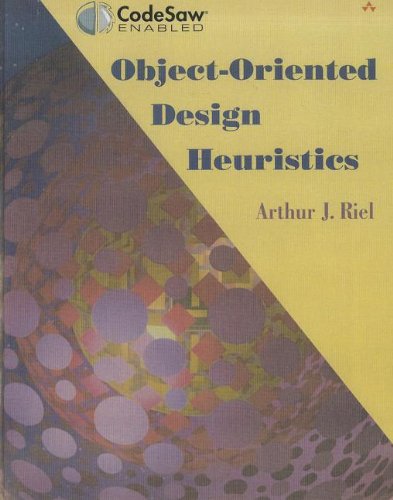
The core contribution of this paper is its analysis and evaluation of various RFID implementation methods in supply chains with the aim of saving time effectively and achieving cost efficiencies. Furthermore, the study offers recommendations on operational efficiency of supply chains while reducing the costs of implementing the RFID technology. This study carries out a systematic literature review of research articles published during the timeline (2000-2021) that discuss the role of RFID technology in developing decision support systems that optimize supply chains in light of Industry 4.0. It is a great opportunity for university graduates seeking complement theoretical learning with practical experience. RFID is an ideal technology to source big data, particularly in supply chains, because RFID tags are consumed across supply chain process, which includes scanning raw materials, completing products, transporting goods, and storing products, with accuracy and speed. practical object-oriented analysis and design-Addison-Wesley Professional. This book provides practical guidance on the analysis and design of object oriented systems and the concepts presented are based on a solid theoretical foundation. Data science uses real-time data to provide analytical insights, leading to automation and improved decision making. Application Developers Guide - Large Objects (LOBs) using OCI (Oracle Call. Object Oriented Analysis and Design with UML Daminni Grover Object Oriented Analysis and Design with UML covers the conceptual underpinnings of object orientation.


Therefore, supply chains require monitoring and ongoing optimization. Supply Chain processes are continuously marred by myriad factors including varying demands, changing routes, major disruptions, and compliance issues.


 0 kommentar(er)
0 kommentar(er)
